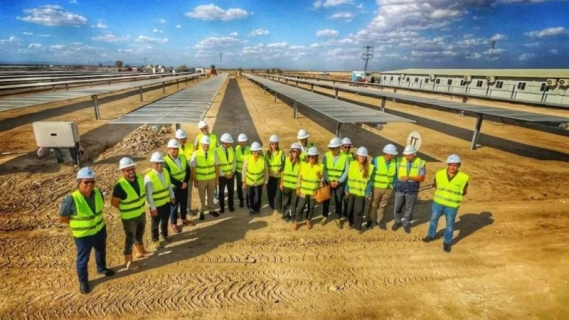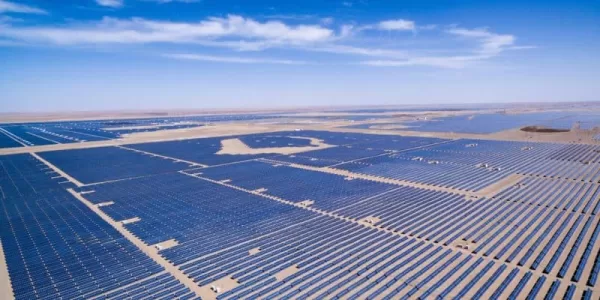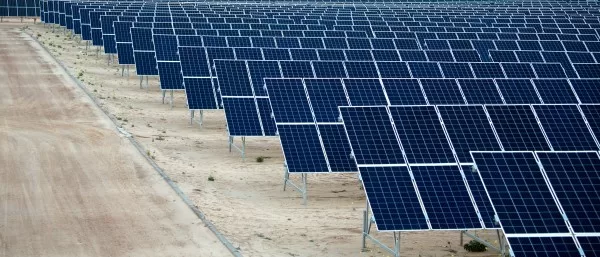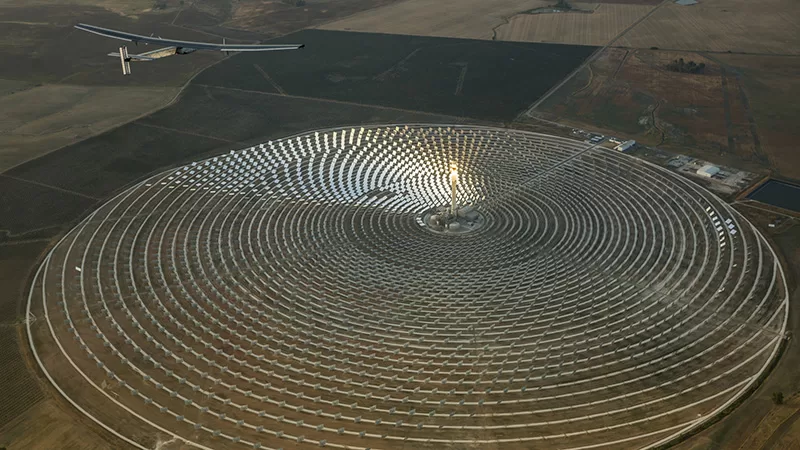The Sidi Bouzid and Tozeur Solar Projects are photovoltaic power developments planned for central and western Tunisia, respectively. Solar project contracts were awarded earlier this week following the signing of agreements between Tunisia and partners from Norway and Japan for the construction of the plants. The two projects are intended to add a total of 100 megawatts to the nation’s power grid. These agreements form part of Tunisia’s renewable energy programme targeting an increase in the share of renewable energy in the nation’s power mix from 7% to 35% by 2030, along with related reductions in carbon emissions.
Already, Tunisia has earmarked huge potential for solar energy, whose photovoltaic capacity is rated as high as 840 gigawatts and concentrated solar power of about 1 terawatt, promotion of which the development of solar power plants is targeted to achieve. The signing of the agreement was witnessed by Tunisia’s Minister of Energy, Fatma Thabet Chiboub and Faycal Trifa, the general director of the Tunisian Electricity and Gas Company.
Other than the recent solar contracts, Tunisia is slowly but surely tapping its potential on solar projects as it commissions the country’s largest solar project in Kairouan. The 120 MW project is expected to generate approximately 222 GWh of electricity annually. The output is enough to power around 43,000 homes. Furthermore, it is Tunisia’s first solar project above 100 MW in size and first under the country’s concession regime. The regime is a legal framework designed to attract private, large-scale energy investors to achieve both financial close and commercial operation. AMEA Power commenced implementation of the project in May 2024. Moreover, a 20-year power purchase agreement was signed with the country’s state-owned Société Tunisienne de l’Electricité et du Gaz in June 2021.

Project Factsheet
Location: Sidi Bouzid and Tozeur
Capacity: 100 MW
Country: Tunisia
Significance: Enhance energy production in the nation
Cost of Phase: U.S. $52 Million
The State of Affairs Regarding Tunisia Solar Project Contracts

The projects are supported by a $58 million guarantee from the World Bank, indemnifying the developers against force majeure events such as war or expropriation. Other solar generation projects are already underway in Gafsa and Tataouine, respectively, in the west and south of the country. These should be operational between 2025 and 2026. A third, in Kairouan, is being financed by the World Bank’s International Finance Corporation and the African Development Bank.
Also read:
Construction Commences on 120-MWp Kairouan solar photovoltaic project in Tunisia by AMEA Power
Solar Energy as a Revolutionary Progress in Tunisia’s Energy Production
The significance of Tunisia’s solar project contracts is unprecedented and has immense benefits to the nation. These plants come at a time when the nation seeks to diversify its energy supply. Studies conducted in recent years show Tunisia had about 472MW of installed renewable energy. Of this, 244MW was wind power, 166 MW solar power, and 62 MW of hydroelectric power. These renewable sources comprise 8% of the national energy capacity, an aspect that Tunisia seeks to change.

The government set a national strategy to develop solar plants with a combined capacity of 500MW across the country in 2022. It also set a target to have clean energy sources compromise 35% of its electricity mix by 2030. Moreover, its unconditional emissions reduction target seeks to down carbon emissions by 35%. This represents 35 million tons of carbon dioxide by 2030, and become a carbon neutral nation by 2050. The upcoming solar plants in Tunisia will see the nation construct a 200 MW plant in Tataouine, 100 MW plant in Gafsa, and two 50 MW plants in Tozeur and Sidi Bouzid.
Also read:
Namibia’s Largest Solar Plant: The Rosh Pinah Solar PV Power Plant

Leave a Reply